Whole Body Cryotherapy (WBC) has emerged as a popular treatment in Europe and North America, widely used in fields such as anti-aging, sports recovery, and pain management. The widespread adoption of this therapy by high-profile athletes like LeBron James and Cristiano Ronaldo has drawn significant attention to the technique. Let’s explore what makes WBC so appealing.
WBC offers notable health benefits. By exposing the body to extremely low temperatures ranging from -110°C to -140°C, short bursts of cold stimulate a series of physiological responses, including vasoconstriction, improved blood circulation, increased antioxidant concentrations, enhanced collagen synthesis, and immune system activation. The main effects include anti-inflammatory properties, pain relief, and accelerated post-exercise recovery.

What is WBC?
WBC involves exposing the body to ultra-low temperatures, typically between -110°C and -140°C (-166°F to -220°F), for a very short period, usually 2-4 minutes. During the treatment, the body undergoes temperature-induced changes that trigger various physiological responses, such as blood vessel constriction and hormone release.
You might wonder, “Can staying in temperatures lower than -110°C for 3 minutes cause frostbite?”
The answer is no. Liquid nitrogen, which is used in cryotherapy, has a high water content. When it comes into contact with the warm human body, it quickly evaporates into a layer of insulating gas vapor, which acts as a protective barrier, preventing frostbite during the brief exposure. As long as WBC is performed under professional supervision, it is completely safe.
Although the idea of extreme cold exposure may sound intense, the brief duration and the body’s natural response to cold bring numerous health benefits.
Physiological Effects of Cold Exposure
The core principle behind WBC is to trigger a series of physiological reactions by subjecting the body to extremely low temperatures, promoting self-repair. Clinical and basic research shows that cold exposure primarily affects the following physiological aspects:
Blood Circulation and Vascular Response
When exposed to extreme cold, blood vessels constrict, reducing blood flow to the skin and extremities to prevent heat loss. This process helps reduce the spread of local inflammatory factors and effectively decreases swelling. After treatment, blood vessels rapidly dilate, promoting better circulation, improving oxygenation, and speeding up cell repair and tissue recovery.
Antioxidant Mechanism
Cold exposure activates the body’s antioxidant enzymes, reducing oxidative damage from free radicals, which helps slow down the aging process. Studies show that WBC significantly increases antioxidant concentrations within the body and decreases cell aging caused by metabolism and environmental factors.
Collagen Synthesis Enhancement
The cold stimulus on deeper layers of the skin promotes fibroblasts to produce more collagen. Collagen is the core component of the skin’s structure, maintaining its elasticity and firmness. WBC can improve skin quality, reducing fine lines and sagging.
Mechanisms of Action in WBC
The primary mechanism of WBC is based on the physiological responses triggered by extreme cold exposure. Specifically, WBC achieves its therapeutic effects through the following processes:
Anti-Inflammatory Effects
WBC inhibits the release of pro-inflammatory factors and reduces white blood cell activity. Cold exposure alters the protein structures in cell membranes, and as the body gradually returns to normal temperature, these denatured proteins stimulate the immune system, reducing the production of pro-inflammatory substances, thereby alleviating oxidative stress. For conditions like sports injuries and arthritis, WBC can effectively reduce inflammation, pain, and swelling.
A study involving professional football players found that after 2-minute WBC sessions at -110°C daily, the concentration of the anti-inflammatory cytokine IL-10 increased significantly, while pro-inflammatory markers like IL-2, IL-8, and sICAM-1 were significantly reduced. This indicates that WBC can effectively alleviate cellular inflammation and extend cellular health.
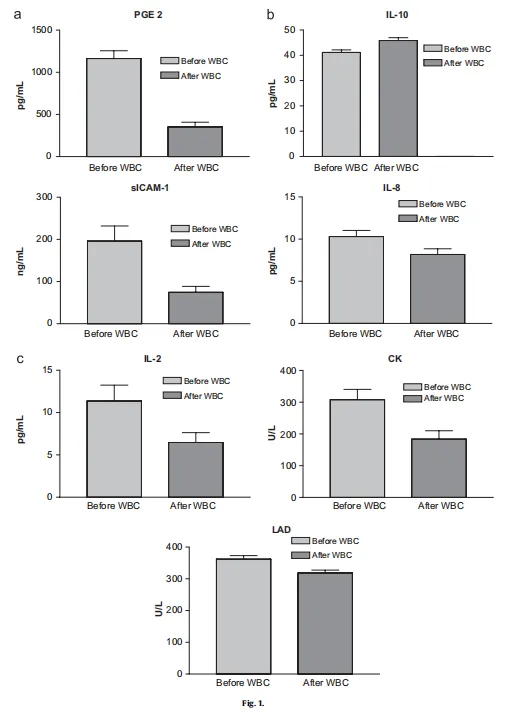
Pain Relief
WBC induces the release of endorphins, natural pain-relieving substances that provide effective pain relief and improve patient comfort. This mechanism makes WBC a valuable tool in pain management, particularly for sports injuries and chronic pain. During WBC, the cold also stimulates temperature receptors in the skin, activating the hypothalamus to regulate body temperature, which increases adrenaline secretion, stimulates the sympathetic nervous system, and causes vasoconstriction in small arteries and veins, effectively relieving joint and muscle soreness.
Numerous clinical studies show that WBC significantly inhibits the production of pro-inflammatory cytokines and reduces cell-regulatory factors like IL-6, which is associated with inflammatory aging. Additionally, WBC can suppress the production of acetylcholine, a neurotransmitter, diminishing nerve conduction and further enhancing pain relief.
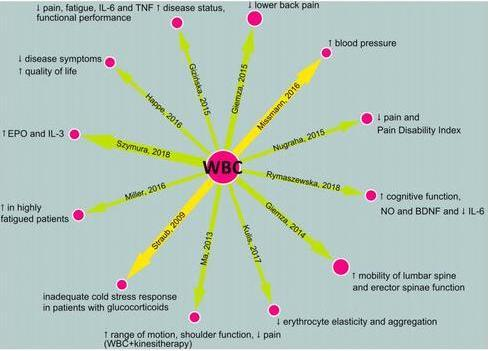
Immune System Activation
Studies suggest that WBC can enhance the activity of immune cells, improving the body’s immune response to external pathogens. Cold exposure activates macrophages, T-cells, and other immune cells, boosting the immune system and increasing resistance to disease.
In one study involving both young and elderly men, after undergoing multiple 3-minute WBC sessions at -130°C, participants showed a significant increase in longevity proteins Sirt1 and Sirt3, enhanced overall antioxidant capacity, and reduced oxidative damage. This process also promoted mitochondrial energy synthesis, increasing cellular activity.
Safety and Clinical Considerations
Safety and Risk Assessment
WBC is generally considered a safe treatment option, but prolonged exposure to extreme cold may pose certain risks. Research indicates that excessive treatment duration may lead to frostbite, low blood pressure, or arrhythmia. Therefore, WBC must be performed under professional guidance, and treatment times should be strictly controlled within recommended limits.
Clinical Considerations
Device and Professional Facility Selection
When undergoing WBC, patients should choose certified medical institutions and equipment to ensure safety and effectiveness.Here, we also provide an authoritative list of WBC equipment.
| Rank | Brand/Company | Product Name | Freezing Temperature Range | Price Range |
| 1 | MINNUO | LN2 WBC Chamber | -80°C to -130°C | Low |
| 2 | CryoScience | Cryo Chamber | -110°C to -190°C | High |
| 3 | Impact Cryotherapy | Impact Whole Body Cryo | -110°C to -140°C | Medium |
| 4 | Juka Cryo | Juka Cryo Chamber | -100°C to -160°C | Medium |
| 5 | Kriosystems | Kriosystem | -130°C to -160°C | High |
| 6 | CryoTech | CryoTech 360 | -80°C to -160°C | Medium |
| 7 | Zimmer MedizinSysteme | CryoMed | -60°C to -110°C | Low |
Personalized Treatment Plans
Prior to WBC, patients should undergo a comprehensive health assessment, particularly those with cardiovascular diseases, hypertension, diabetes, or other chronic conditions, under the supervision of a medical professional.
Post-Treatment Care
After treatment, patients should avoid strenuous exercise and cold environments, ensuring proper warmth to promote recovery.
Conclusion
WBC, as a new low-temperature therapy, has shown significant effectiveness in anti-aging, sports recovery, and pain management. Many athletes incorporate WBC into their personal care routines, often alongside other devices that further enhance metabolic and cardiovascular activity (such as hyperbaric oxygen chambers), to further stimulate cellular vitality.
If you’re interested in trying WBC, visit the MINNUO official website and feel free to inquire for more information!


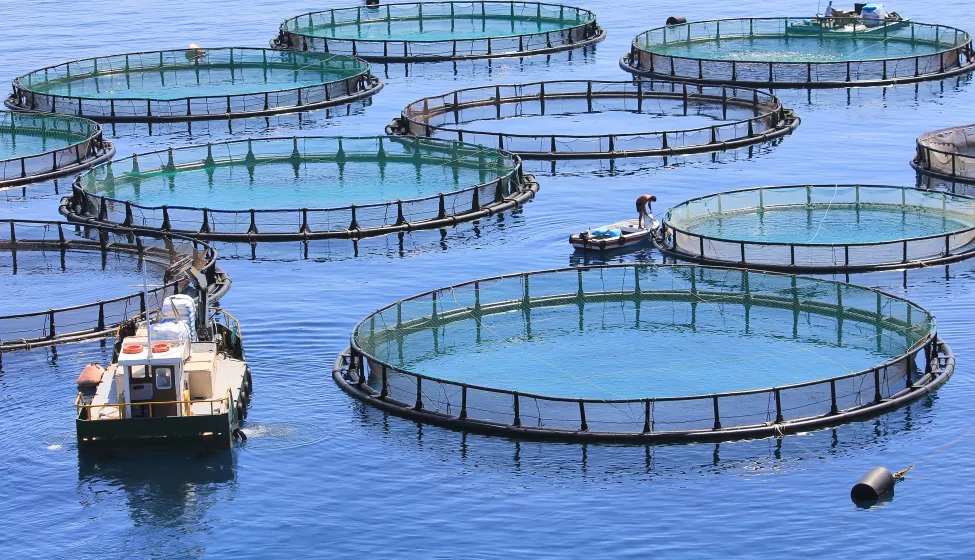
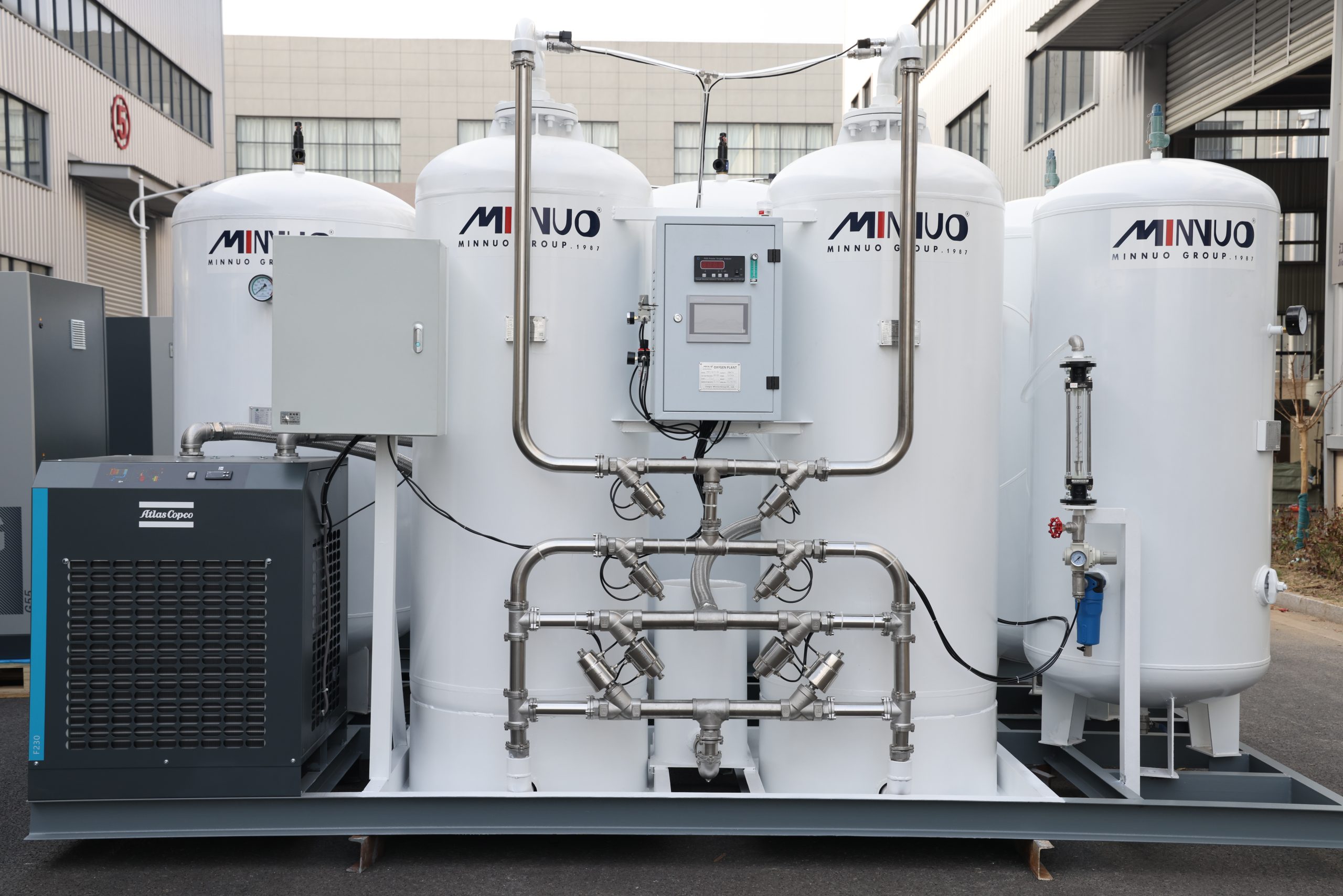
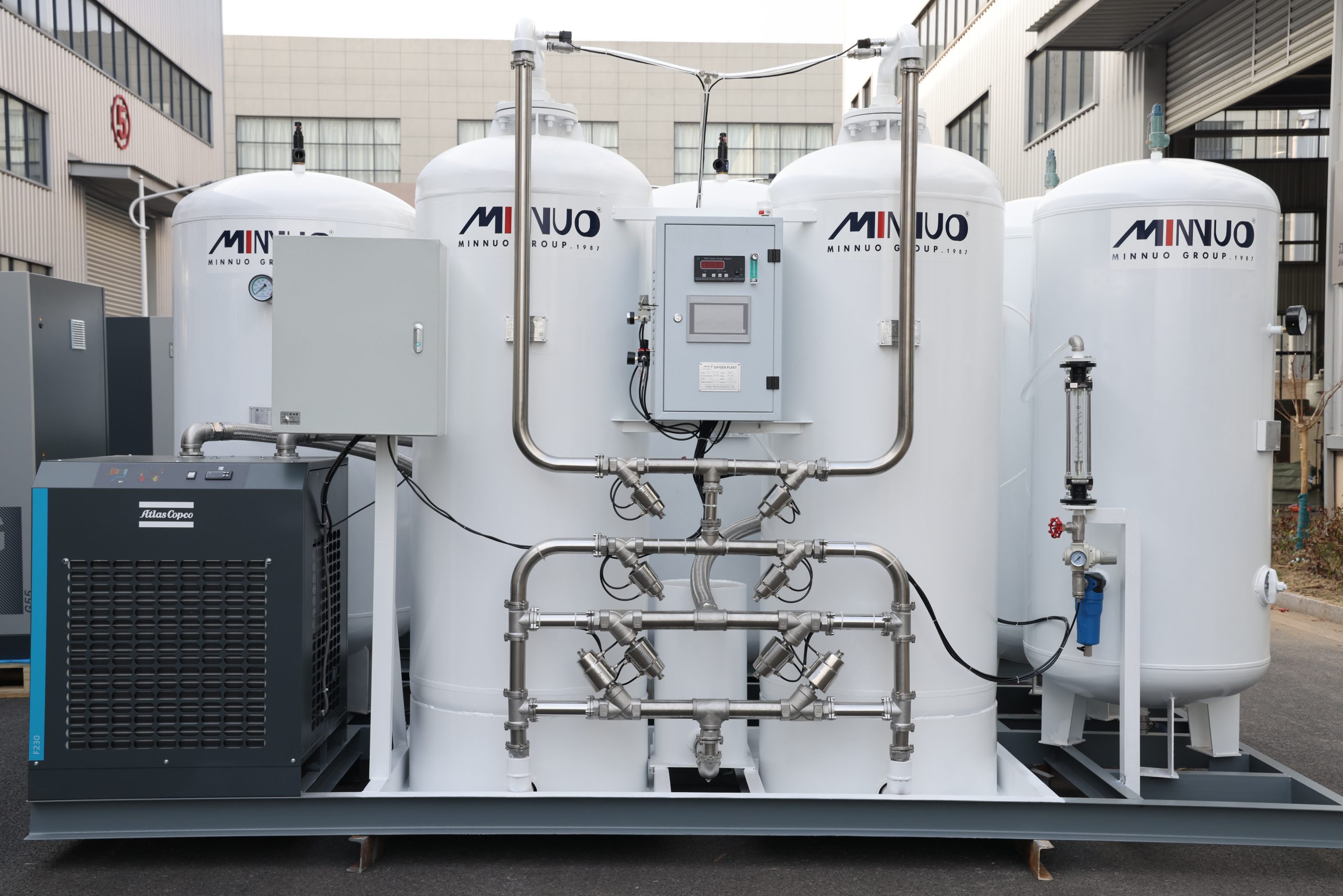

 sales2:+86 17506119168
sales2:+86 17506119168

